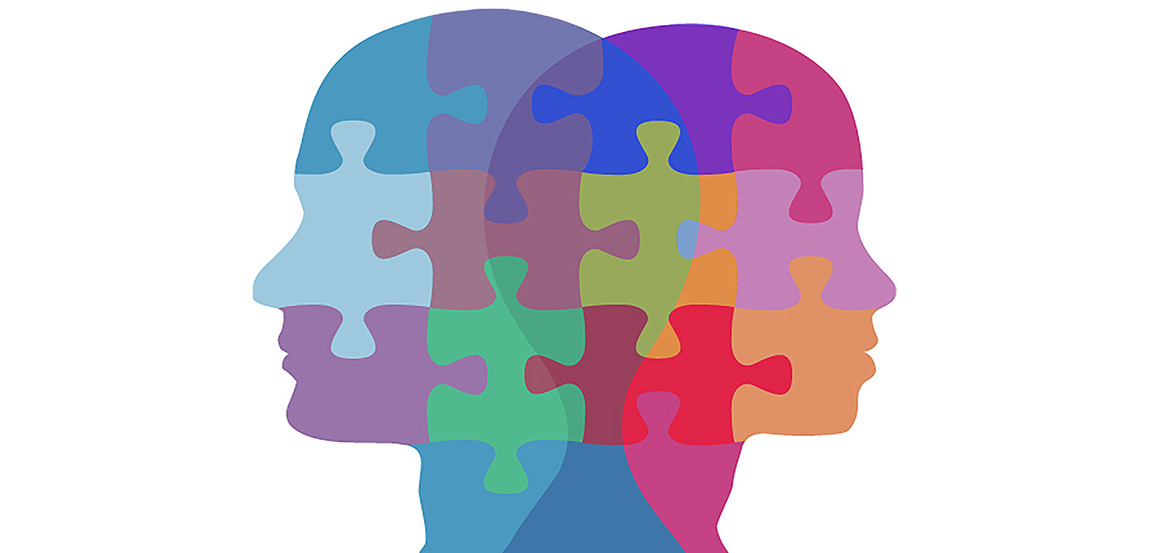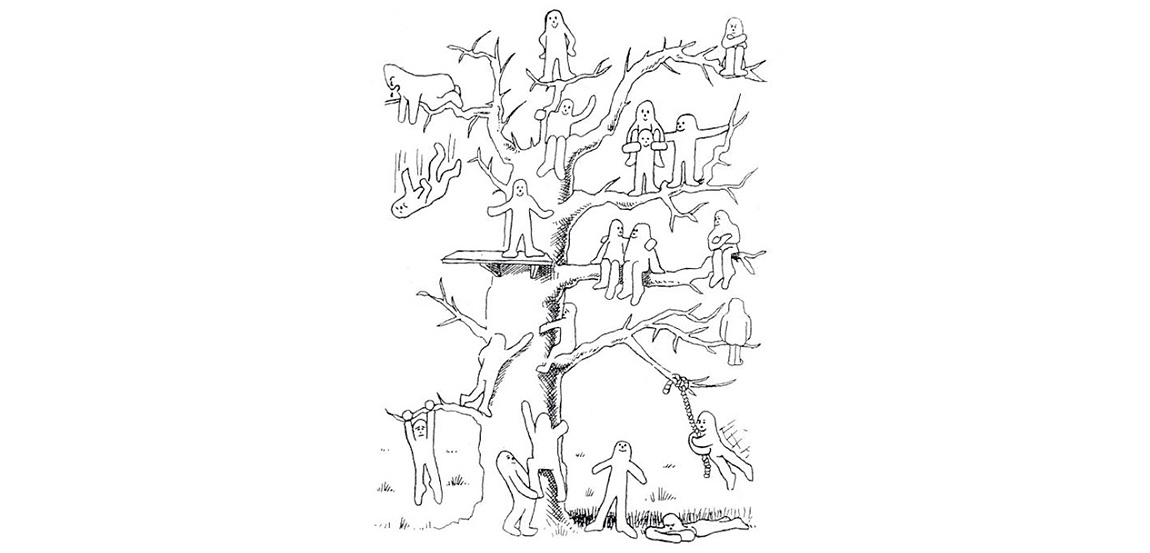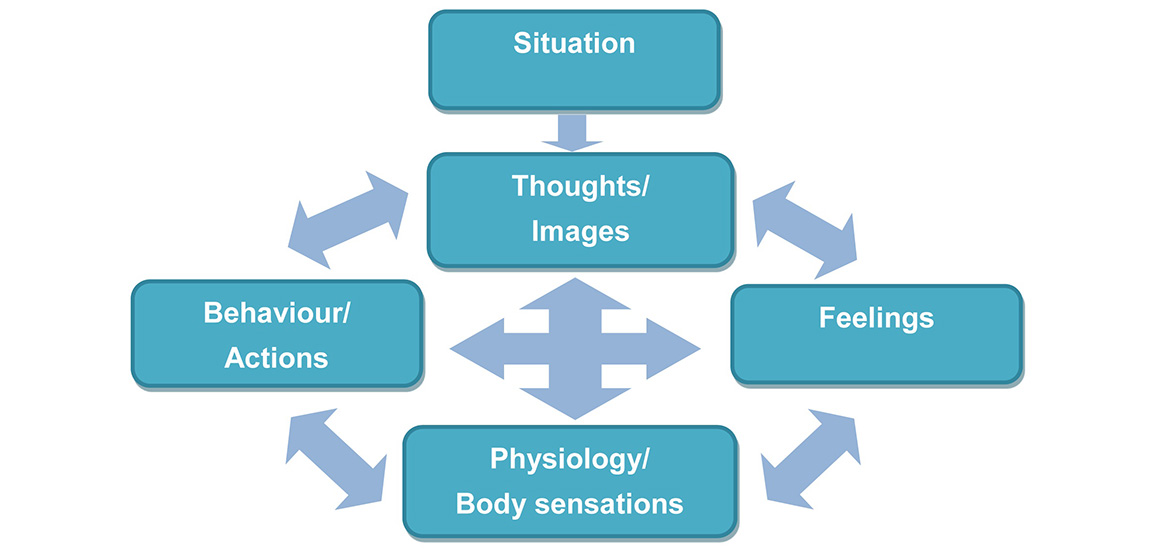
Sep
12
Eye Movement Desensitization and Reprocessing (EMDR)

Sep
03
Counselling and Psychotherapy – General

Sep
03
Relational Therapy

Sep
03

